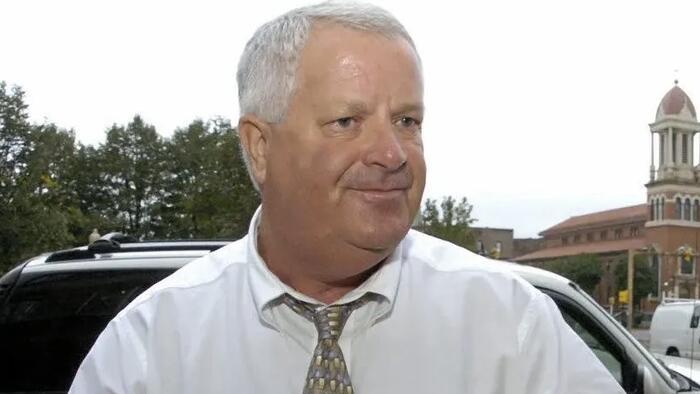Earlier this week, President Biden made headlines for the largest one-day act of clemency in U.S. history, granting 39 pardons and commuting 1,499 sentences. However, this sweeping gesture has stirred considerable controversy, particularly regarding the commutation of the sentence of Pennsylvania Judge Michael Conahan. Conahan was one of the key figures in the infamous “Kids-for-Cash” scandal, which involved accepting $2.1 million in kickbacks from a private prison operator in exchange for sentencing thousands of juveniles to prison terms without adequate legal representation. Conahan’s actions led to extensive turmoil for families and communities, affecting over 2,500 minors, whose lives were irreparably damaged by the corrupt judicial practices implemented by Conahan and his counterpart, Judge Mark Ciaverella.
The details of the Kids-for-Cash scheme reveal a dark chapter in the American justice system. In many instances, minors were sentenced without legal counsel or were subjected to unjust hearings. A notable case involved a 15-year-old girl who faced a mere 90-second trial and received three months of confinement for a minor infraction involving a MySpace page. Concerns have been raised regarding the moral implications of commutation for a man whose actions harmed vulnerable children and contributed to significant family trauma, with one mother, Sandy Fonzo, voicing her pain over the loss of her son, who struggled emotionally following Conahan’s unjust judicial practices.
Responses to Biden’s decision have been swift and critical, even from political allies. Democratic Pennsylvania Governor Josh Shapiro publicly condemned the commutation, asserting that Conahan deserved to remain incarcerated for the extensive damage he inflicted on families within the community. Shapiro emphasized the long-lasting pain caused by Conahan’s actions, calling attention to the emotional scars felt by the affected families. As tensions rise, some residents of the Scranton area, Biden’s hometown, share a collective memory of the scandal, marking it as a significant and hurtful event in their local history.
Amid public outcry, an official from the Biden administration attributed the decision to a broader set of criteria that did not account for individual circumstances, instead of focusing on those who were eligible for commutation based on their nonviolent offenses during COVID-19 home confinement. This explanation has been met with skepticism, with critics arguing that such generalized criteria allowed grave injustices to occur. GOP Pennsylvania state Senator Lisa Baker questioned the rationale behind releasing someone whose corrupt practices severely impacted the lives of numerous children and families, highlighting a perceived failure in moral judgment by the Biden administration.
Biden’s actions come on the heels of another controversial decision: a blanket pardon for his son Hunter Biden, leading to bipartisan criticism. This recent pattern of clemency and commutation decisions has divided public opinion, with only a small fraction of Americans reportedly supporting the pardon for Hunter. The decision, along with the commutation of Conahan’s sentence, has unleashed a widespread debate on the appropriateness of pardon power, the criteria used for determining eligibility, and the broader implications of such acts on public trust in the judicial system. Critics have questioned the fairness of clemency policies that seem to favor those with political connections while ignoring the serious repercussions inflicted upon innocent victims.
The irony in the commutation of Conahan’s sentence is stark, as President Biden’s stated intention is to extend mercy to individuals who have shown genuine remorse and rehabilitation. The decision raises significant concerns about the ramifications of shortening the sentences of wrongdoers whose greed caused immense suffering to others — particularly when that greed manifested in decisions that ruined the lives of vulnerable children for personal gain. As the dust settles from this unprecedented act of clemency, many are left grappling with the moral complexities surrounding justice, redemption, and the responsibilities that come with power.

